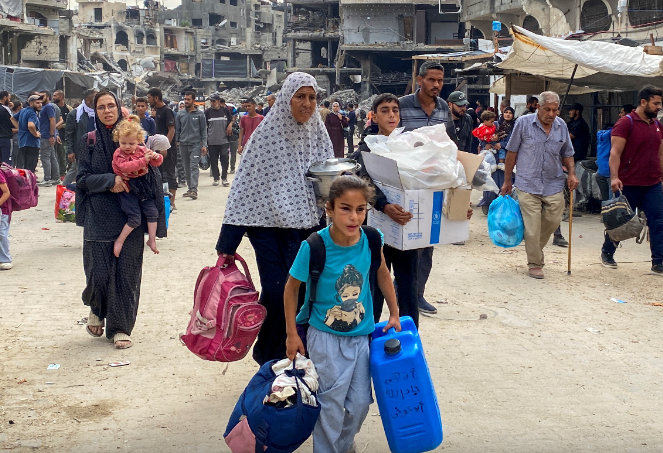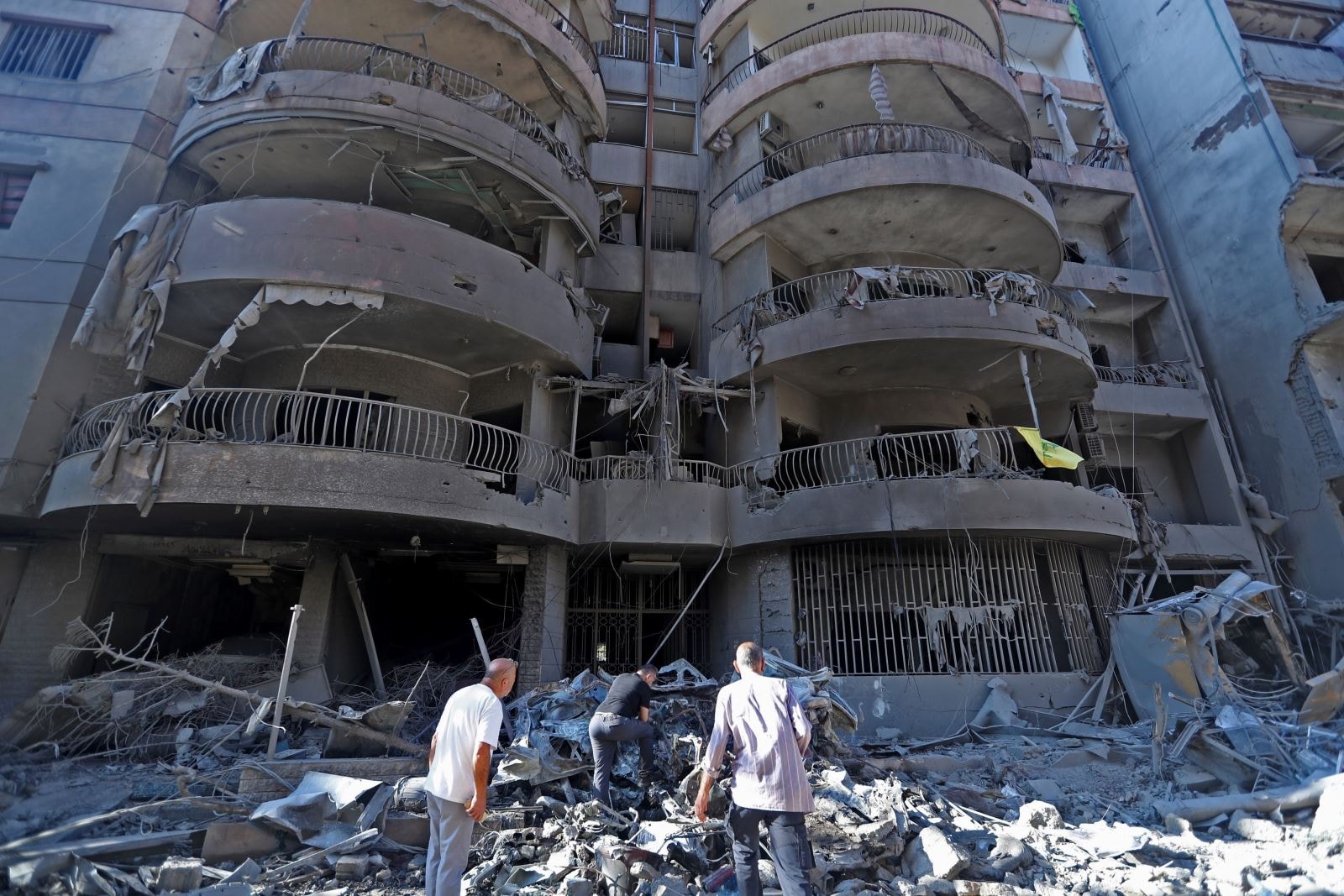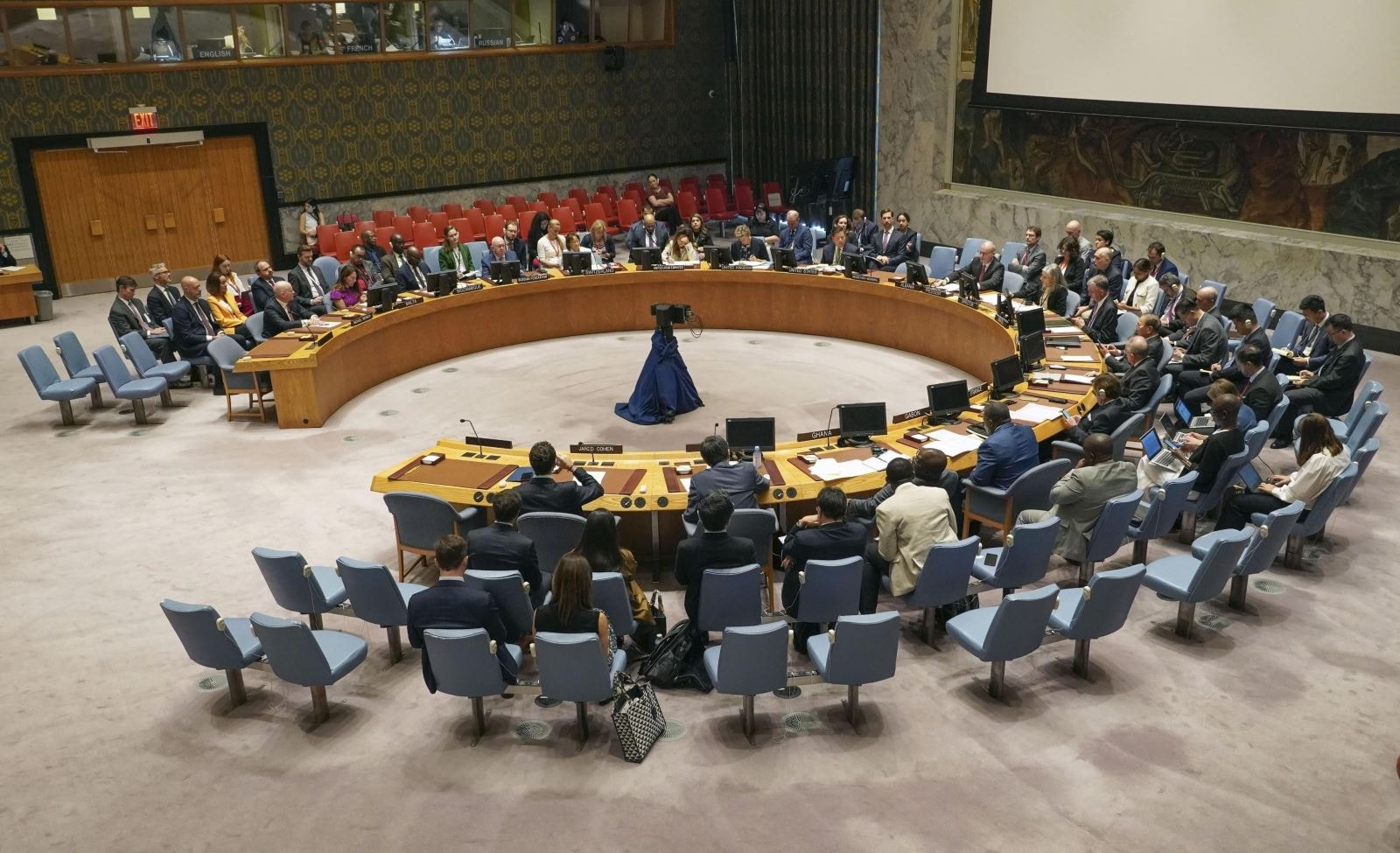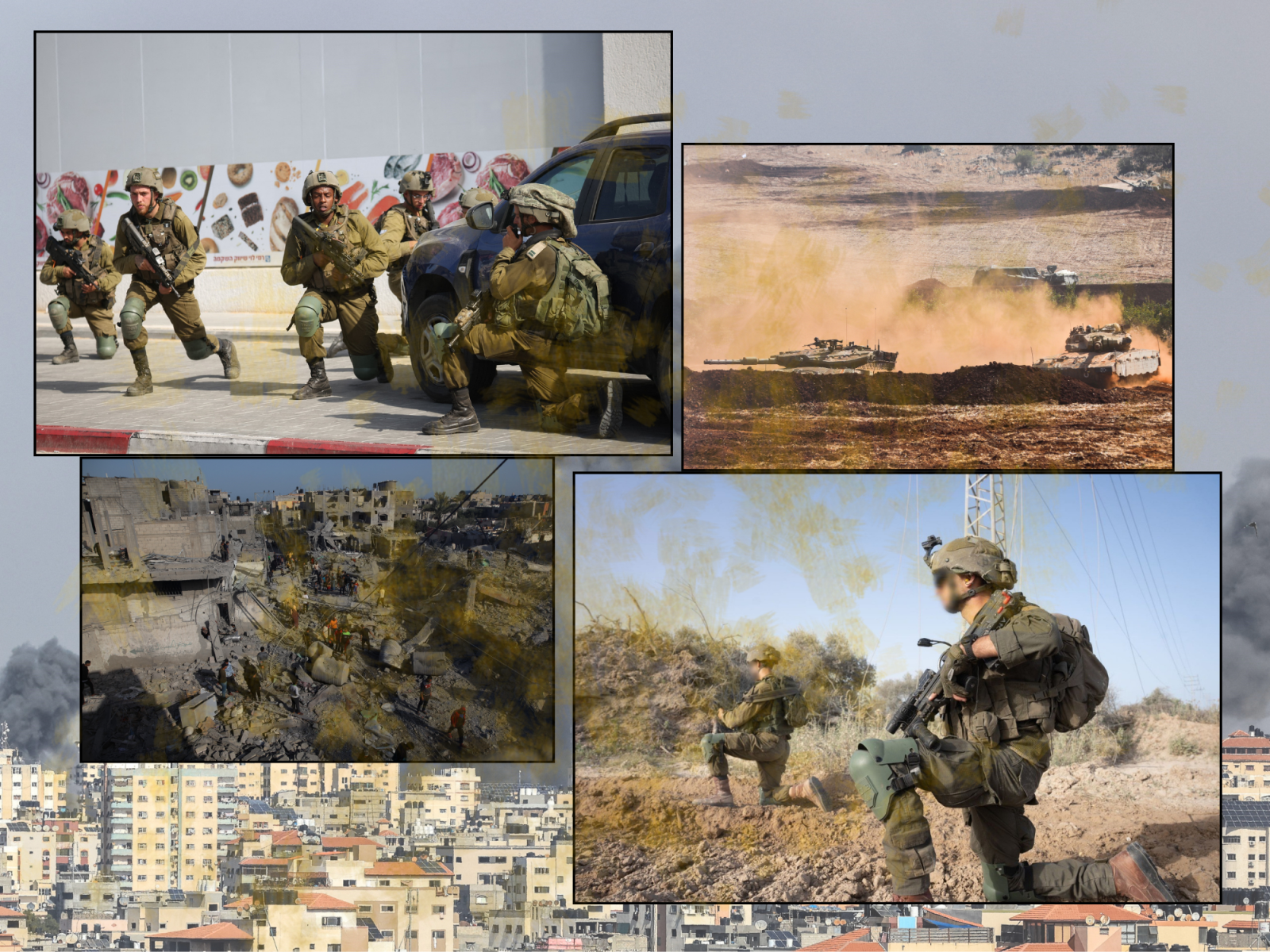Hamas' surprise attack on Israel on October 7, 2023, led to major upheavals in the Middle East. A year after the event, the conflict escalated, affecting not only the Middle East but the entire world.

On October 7, 2023, Hamas members fired thousands of rockets from the Gaza Strip into Israel. More than 2,000 armed men entered the Jewish state and attacked several cities. The surprise attack resulted in the deaths of approximately 1,200 people, including civilians and music festival attendees, and the taking of more than 200 hostages.
In response to the attack, Israel declared martial law for the first time since 1973 and launched Operation Iron Sword, a retaliatory strike against targets in Gaza. A year later, the conflict escalated, affecting not only the Middle East but the entire world, dividing the international community between supporters of Israel and critics. The impact of this conflict continues to weigh heavily on both Israel’s domestic politics and international relations.
As the year of October 7, 2023, comes to a close in Tel Aviv, Israel is more divided than ever despite the festive flags and slogans of unity. Families of the hostages are calling on the government to make deals to bring their children home, implying an end to the war with Hamas, while others are demanding that the fight continue until the final victory. These opposing views have only served to highlight the divisions in society. Even before the events of October, Israel was engulfed in protests over judicial reforms proposed by Benjamin Netanyahu’s government, which have divided the population. A year later, that rift has been widened by the war, as each side seeks to protect its interests in the face of ongoing unrest.

As tensions with Hamas in the Gaza Strip continue to escalate, the fate of the hostages remains unclear, ongoing fighting with Hezbollah in the north and the displacement of thousands of Israelis have raised questions about Israel’s national security environment. According to a September 2024 survey by the Israel Institute for National Security, 31% of Israelis rated their security as “low” or “very low,” while only 21% felt “high” or “very high.” This reflects deep fear and anxiety among the population.
Even before the tragic events of October 2023, Israel was experiencing rising levels of emigration. According to the Central Bureau of Statistics, more people left the country in 2023 than in previous years, and preliminary data for 2024 suggests that the number of emigration will continue to rise. Despite growing internal divisions, Israel’s streets are littered with reminders of those who died on October 7 and in the fighting that followed. The faces, names, and stories of those who died may be the last thing that unites Israelis in these difficult times.

International support for Israel has changed dramatically since the events of October 7, 2023. While at the beginning of the conflict many countries expressed solidarity with the Jewish state, supporting Israel's actions against Hamas, as the conflict escalated, civilian casualties increased, and the humanitarian crisis in Gaza became more acute, this solidarity began to unravel. This was most evident in Europe and Africa, where criticism of the Israel Defense Forces (IDF) grew.
The US remains Israel’s main ally, with President Joe Biden repeatedly asserting the country’s right to self-defense. But even in the US, protests against the Israeli military have emerged, particularly among left-wing activists and in college towns. This has undermined public support for Israel’s position, causing divisions within the US itself.
In Europe, countries began to reconsider their positions. Germany and France supported Israel in the early stages of the conflict, but criticism emerged as fighting and civilian casualties increased. Some countries, such as Ireland and Spain, recognized Palestine as an independent state, increasing pressure on Israel and leading to pro-Palestinian demonstrations in major European cities.
South Africa has taken one of the most prominent steps by filing a case against Israel at the International Court of Justice, accusing it of genocide. South Africa has also withdrawn its diplomats from the Jewish state. The move has attracted the attention of other countries such as Türkiye, Mexico and Libya, which have expressed their intention to support South Africa in this process.
Russia has been balancing the events of October 7, 2023. President Vladimir Putin condemned terrorism and expressed condolences for the Israeli casualties, but stressed the need for a peaceful solution to the conflict. Moscow has traditionally supported the Palestinian right to self-determination and called for the creation of two states within the framework of international law. Russia has also stressed the importance of ending violence and starting negotiations between the parties.

Mass protests against Israel's actions have taken place around the world, particularly in countries with large Muslim populations such as Indonesia and Pakistan. These protests have been accompanied by calls for sanctions against Israel and stronger international action to protect Palestinians.
Over the past year, the conflict between Israeli and Palestinian factions has not only not subsided but has also expanded significantly, encompassing the entire Middle East. Military operations in Gaza, Israel’s refusal to negotiate with Hamas and the assassination of Hezbollah leaders have only increased tensions, bringing the region closer to a full-scale war. Efforts by international organizations to reach a ceasefire have failed and the conflict is gradually developing into an international crisis.
The deaths of figures such as Hamas Politburo chief Ismail Haniyeh and Hezbollah Secretary General Hassan Nasrallah have prompted retaliatory strikes from Iran, which has struck Israeli territory twice. This significantly increases the likelihood of a direct military conflict between the countries, which could draw other world powers into the fray.
The international community is closely watching and concerned about further developments. The United States, Israel's key ally, has called for restraint, fearing the catastrophic consequences for the region if a full-scale war breaks out. Washington is aware of the dangers of a possible attack on Iran and is trying to balance its alliance obligations to Israel with the need to avoid a large-scale conflict in the Middle East.
Israeli Prime Minister Benjamin Netanyahu faces a dilemma. On the one hand, Netanyahu is trying to maintain power at home, where his government is under heavy criticism from the opposition, which accuses it of failing to protect citizens from terrorist threats. On the other hand, Netanyahu is trying to reduce Iran's influence in the region, which he sees as the main threat to Israel's security. Political instability within the Jewish state is only exacerbated by external challenges.
The past year has not brought peace to the Middle East, but only increased conflict. Fighting in Gaza, the spread of the war to Lebanon, and rising tensions with Iran threaten a full-blown confrontation that could spill over beyond the region. Meanwhile, efforts at a diplomatic solution have yet to yield clear results.
HUNG ANH